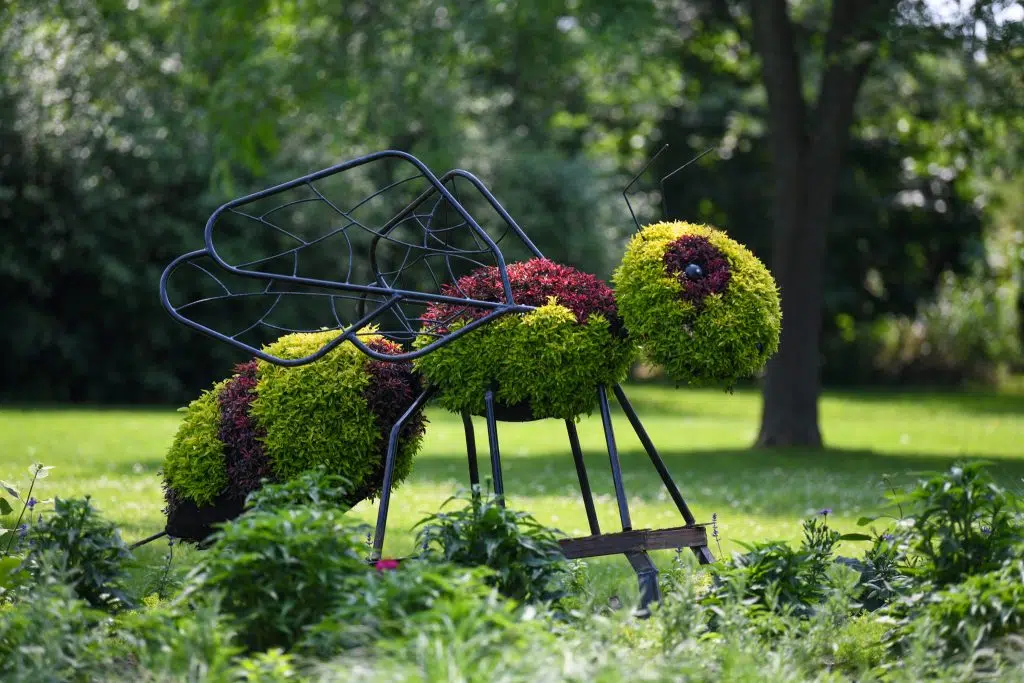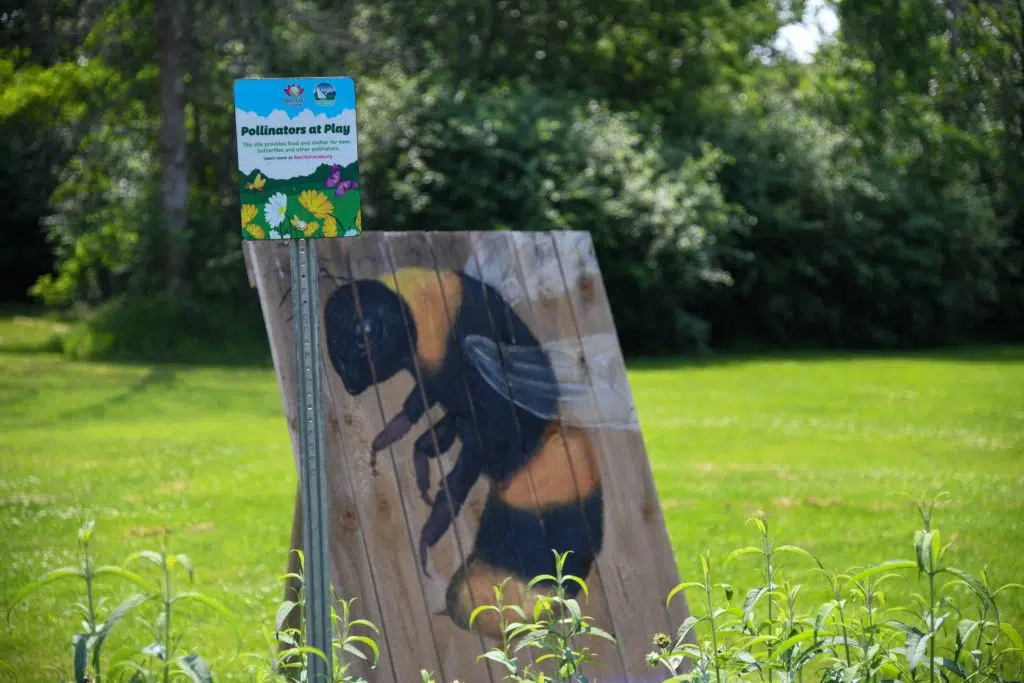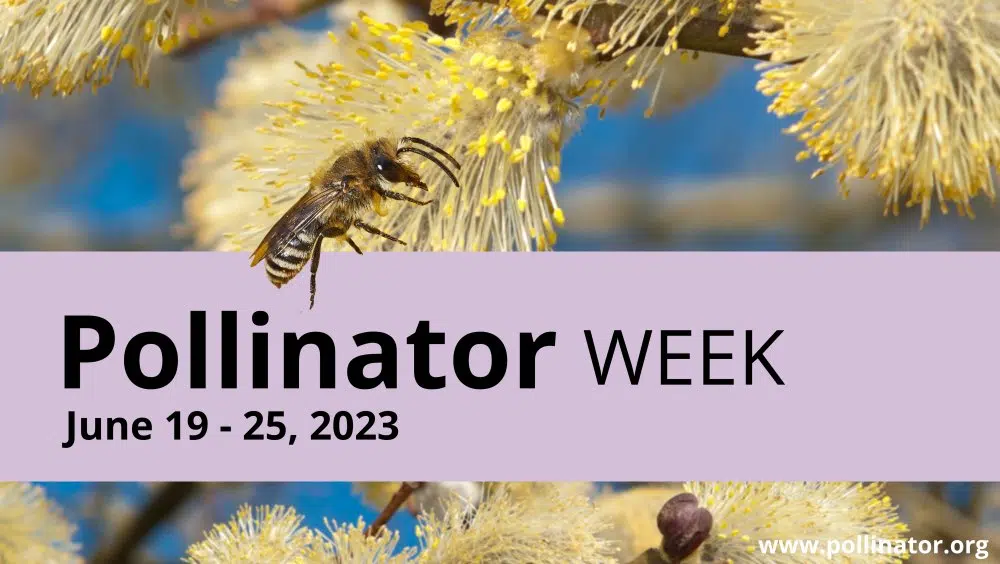This is Pollinator Week (June 19-26).
According to Pollinator Partnership Canada, birds, bats, bees, butterflies, beetles, and other small mammals that pollinate plants are responsible for bringing us one out of every three bites of food.
They also sustain our ecosystems and produce our natural resources by helping plants reproduce.
And while more than 75% of flowering plant species need pollination, many pollinators are in decline due to a loss of food supply and nesting habitats.
Pollinator Week raises awareness for pollinators and spreads the word about what can be done to protect them.
This year Pollinator Partnership is emphasizing the connections between climate and pollinators.
The conservation of pollinators and their habitats can help combat climate change by supporting healthy ecosystems, air, soil, water, and plants.
Many communities have been promoting the benefits of planting pollinator gardens.
Some communities, like Belleville and Trent Hills have taken it a step farther and have been declared a Bee City.
Bee City Canada, a Pollinator Partnership Canada program, recognizes communities and organizations that are taking steps or are committed to future initiatives to help pollinators.
There are more than 70 Bee Cities across the country.
Last week City of Belleville gardeners finished planting a pollinator garden at Memorial Gardens in Riverside Park featuring a topiary sculpture of a bee.

Memorial Gardens in Riverside Park. (Photo: City of Belleville)
Some tips for planting a pollinator garden:
- Use a variety of flower shapes to attract different types of pollinators
- Use a mix of plants which flower at different times of the year so you have blooms all season
- Choose native plant species
- Let plant debris stand over winter to provide shelter for insects and food for birds
- Add bird baths and bee houses to keep insects and birds returning to your garden each year
- Avoid using pesticides and herbicides,—even natural or homemade versions can harm pollinators
- Use containers in small spaces

Memorial Gardens in Riverside Park. (Photo: City of Belleville)









Comments